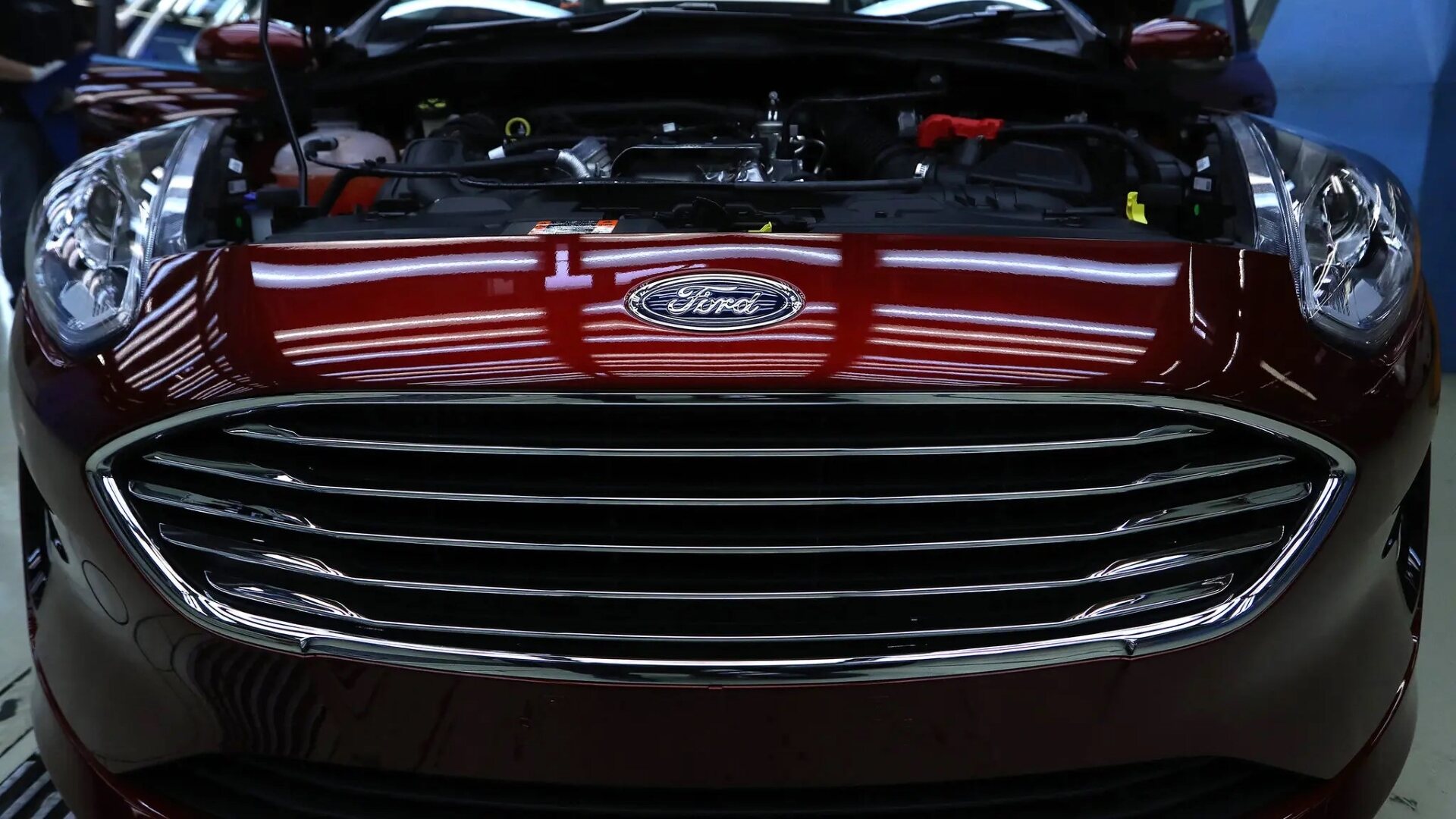Ford Australia is advocating for incentives rather than punitive measures under the upcoming New Vehicle Efficiency Standard (NVES) proposed by the Federal Government.
With the NVES looming on the horizon, Ford believes that a carrot-and-stick approach is crucial for the effective implementation of emissions regulations in Australia.
Instead of solely imposing heavy penalties, Ford proposes delaying penalties until 2026 and introducing ‘super credit’ offsets to incentivize battery-electric and plug-in hybrid vehicles.
Moreover, the company urges the government to create a more extended transition period, accommodating future models, including more efficient utility vehicles.
Despite Ford’s existing electric models and electrification plans, it anticipates cost implications from the policy. However, the company emphasizes the importance of considering various factors in pricing decisions.
Under the NVES, carmakers will face targets for average CO2 emissions per kilometer across their vehicle fleets. While Ford supports the initiative to green Australia’s vehicle fleet, it raises concerns about the timing and severity of the NVES, urging for a balanced approach.

Andrew Birkic, President and CEO of Ford Australia, highlights the challenges in transitioning to electrified vehicles, emphasizing the need for fit-for-purpose vehicle technology, reliable infrastructure, and informed customers.
Ford acknowledges that electrification may not be suitable for all sectors immediately, such as remote communities and emergency services.
In response to the government’s NVES plan, Ford Australia proposes amendments focused on incentives for electrified vehicles and off-cycle technology.
It advocates for a super credit system to encourage the adoption of battery electric and plug-in hybrid vehicles, suggesting counting them as multiple vehicles to drive real-world CO2 reductions.
Ford Australia’s response to the NVES plan outlines five key components, including a seven-year glide path to full implementation, incentives like super credits, vehicle segmentation adjustments, delayed CO2 penalties, and changes to breakpoints to mitigate negative impacts on certain sectors.
Ford believes its proposed changes are practical and would facilitate the introduction of more zero and low-emissions vehicles in Australia while ensuring consumers have access to a diverse range of vehicles that meet their needs.

